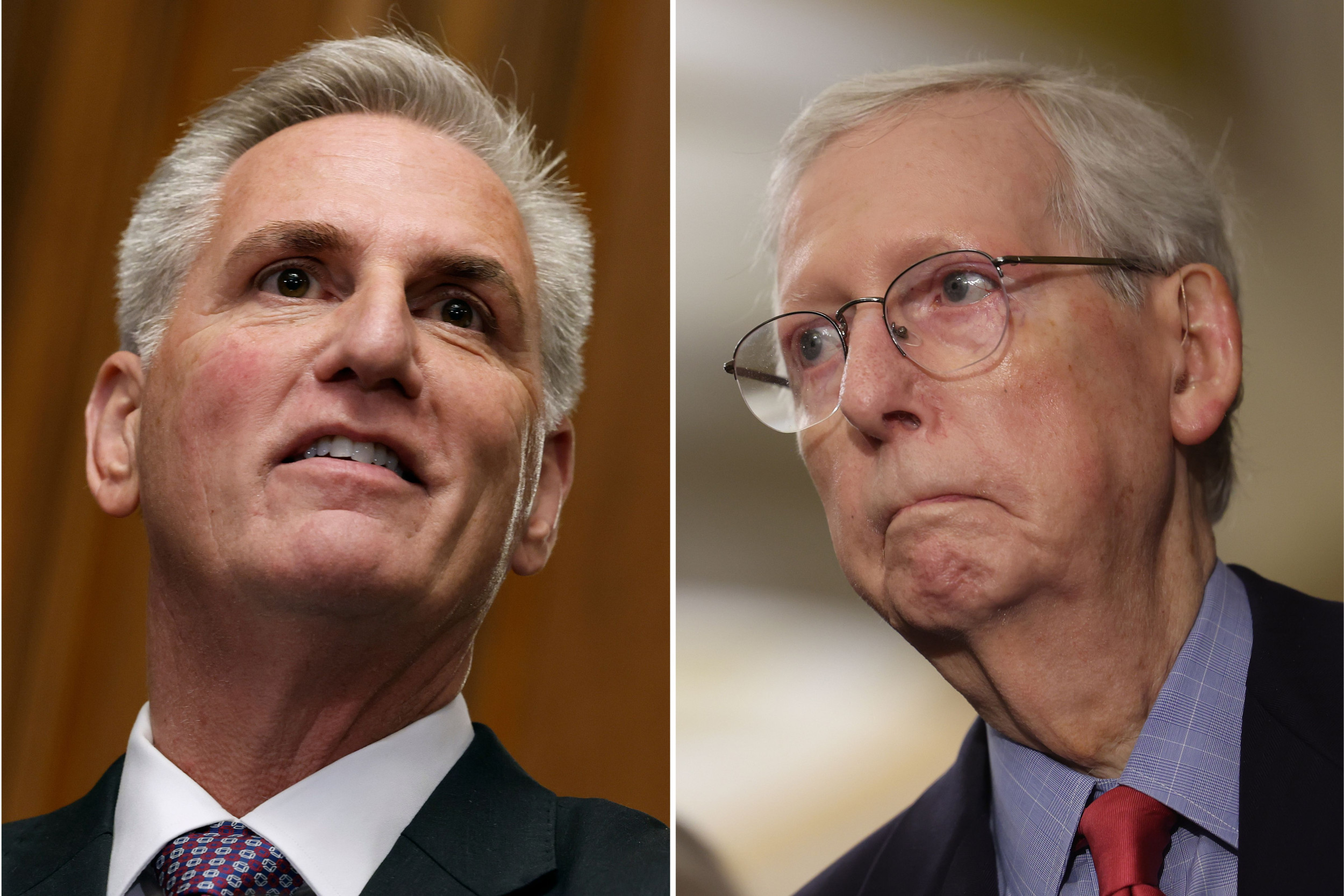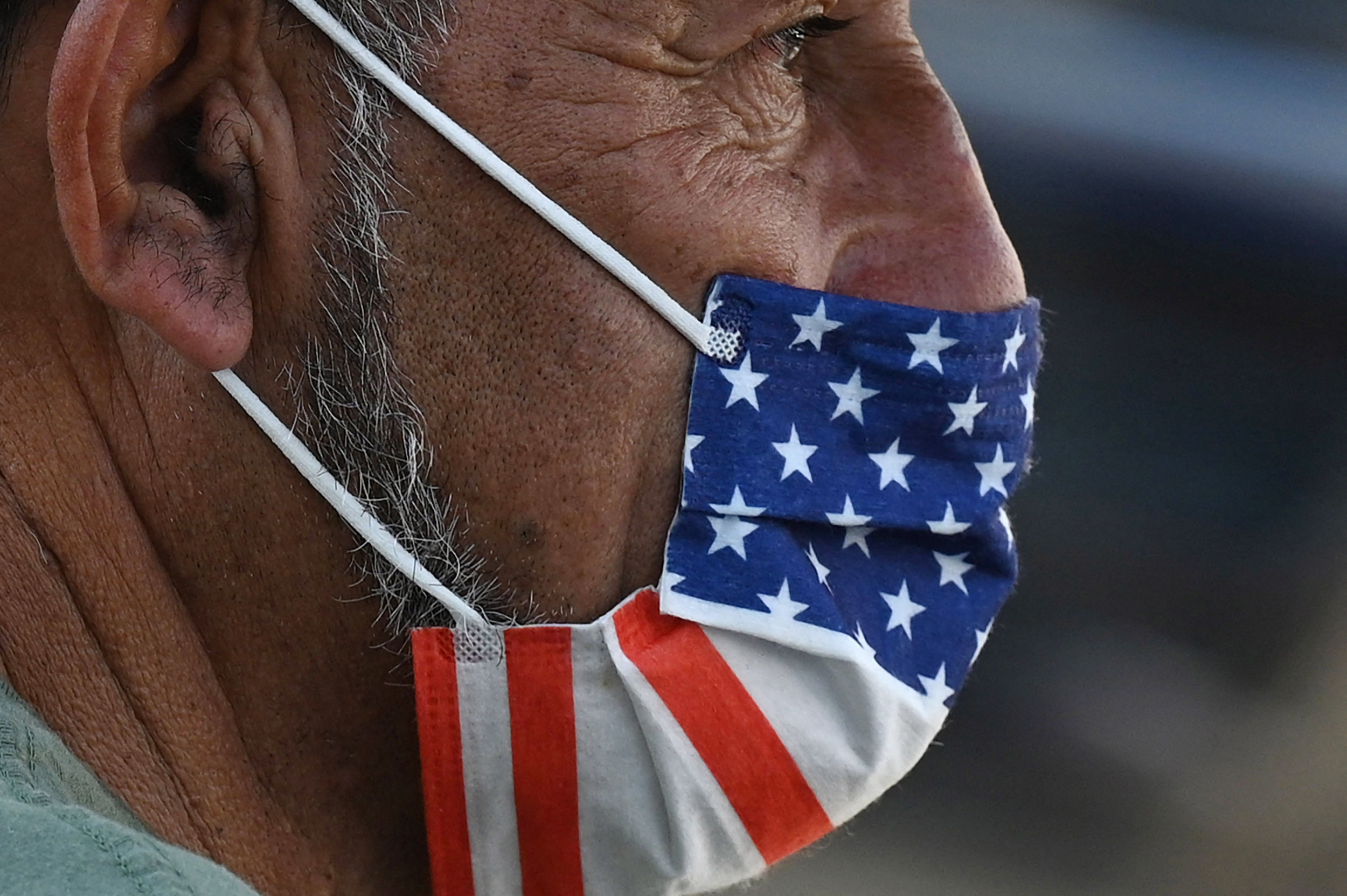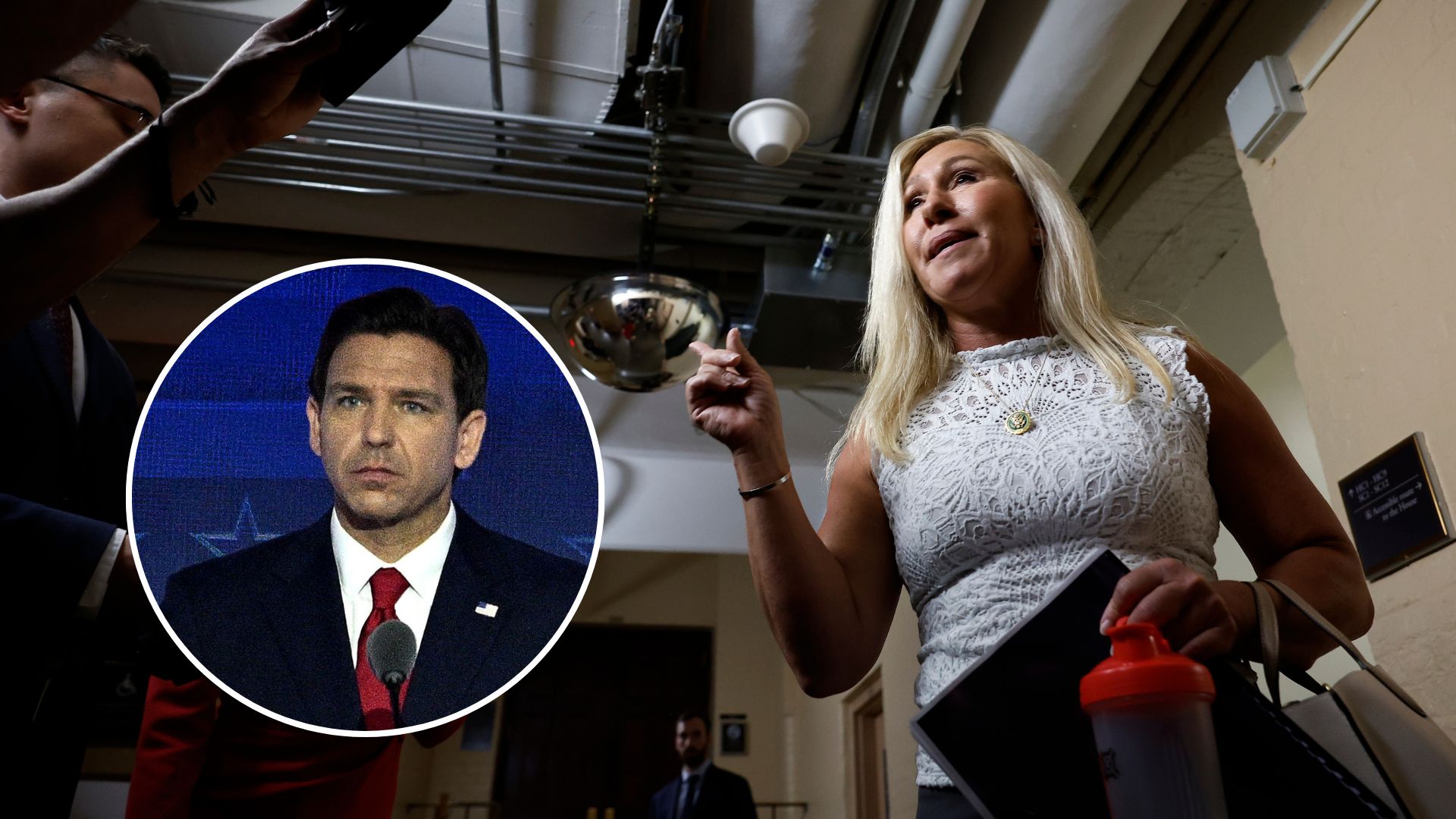Former Trump adviser Peter Navarro vowed that he is "willing to go to prison" to fight his contempt of Congress conviction for refusing to comply with a subpoena from the House committee investigating the January 6, 2021, siege on the U.S. Capitol.
Navarro, who served as former President Donald Trump's trade adviser and helped promote baseless claims that the 2020 presidential election was stolen from Trump, was found guilty on two counts of contempt for shunning a House deposition request and subpoena to turn over documents.
He is the second top Trump adviser convicted of contempt tied to the House January 6 investigation. Steve Bannon, strategist for the former president, was also found guilty of two criminal counts, in July 2022, and sentenced to four months in prison.

While speaking with reporters after Thursday's verdict, Navarro maintained that he was innocent, claiming his defense team went into the hearing expecting a guilty verdict.
"The day that Judge [Amit] Mehta rules that I could not use executive privilege as the defense in this case, the die was cast," Navarro said. "This was pro forma."
Navarro had originally argued that Trump asked him to defy the subpoena under executive privilege to evade the contempt charges. Mehta, U.S. district judge in Washington, D.C., who over saw Navarro's case, refused that argument last week, calling it "pretty weak sauce."
"I said from the beginning, this is going to the Supreme Court," Navarro continued while talking to reporters. "I said from the beginning, I am willing to go to prison to settle this issue. I'm willing to do that. But I also know that the likelihood of me going to prison is relatively small because we are right on this issue."
Each contempt charge carries up to a $100,000 fine and minimum 30 days in prison with a maximum sentencing of one year. A sentence hearing for Navarro's case was scheduled for January.
Assistant U.S. Attorney Elizabeth Aloi said during her closing argument that Navarro "knew he was commanded to appear and produce documents and he chose not to for whatever reason."
"It does not matter that the defendant refused to comply because he believed the former president had asserted executive privilege," Aloi added, according to NBC News. "If people like the defendant can choose to ignore the government's subpoenas, the work of our government to serve its people cannot get done."
Navarro's attorney, Stanley Woodward, argued during his closing statements that the government fell short of determining "beyond a reasonable doubt" that his client was guilty of criminal contempt, arguing prosecutors failed to prove that Navarro did not miss the subpoena as "the result of accident, mistake or inadvertence."
Newsweek reached out to Woodward via email Thursday for comment.
Update 09/07/23, 5:37 p.m. ET: This article has been updated with additional information and background.








